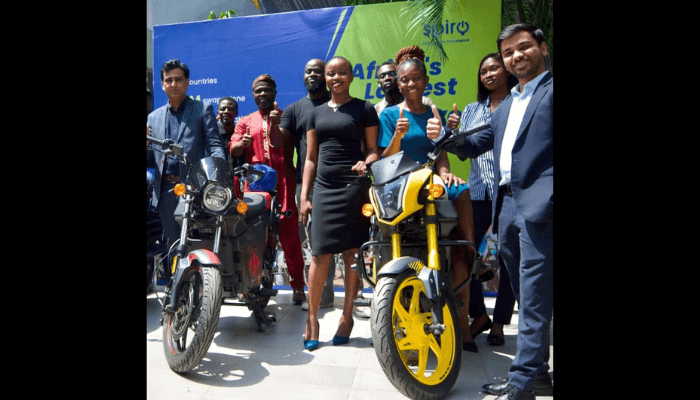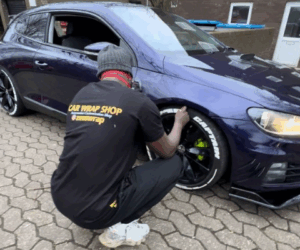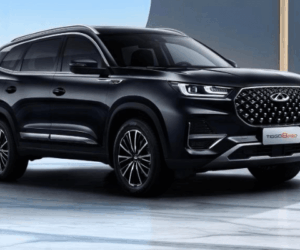Spiro, Africa’s leading electric mobility company, has unveiled plans to expand its battery swap network in Nigeria to 2,000 stations by 2026, in a move aimed at boosting the adoption of electric bikes and reducing dependence on petrol.
Rahul Gaur, director, Spiro West Africa, stated this while speaking to journalists at a media connect event, noting that the expansion will build on the company’s current 64 active stations, with a target of 1,000 by the end of this year and 2,000 nationwide by next year.
Gaur explained that the network will function much like fuel stations, allowing riders to exchange depleted batteries for fully charged ones in under a minute.
“It is going to be like a fuel station network where anyone can swap the batteries in less than a minute,” he said.
Read also: Spiro makes electric bikes affordable for Nigerians
Gaur added that Spiro is not only out to sell electric bikes, but also to build the infrastructure and ecosystem that make electric mobility practical and affordable for everyday Nigerians.
With a growing network of charging stations, service centres, and rider support systems, the company is positioning itself as a key player in Nigeria’s transition to sustainable transport.
The event brought together industry stakeholders to explore the future of transportation in Nigeria and the role electric mobility will play in shaping it.
Spiro Nigeria has already made significant strides in Lagos and is actively expanding into other key cities across the country like Ogun, Abuja, Taraba, Niger, Nasarawa, and Gombe.
According to Spiro, there are plans underway to reach additional states, including Oyo, Kaduna, and Ondo.
Read also: Spiro pushes for electric mobility to drive sustainable transport in Nigeria
Rahul also stated that Spiro is investing in skills training for roadside mechanics, technicians and students on how to repair and maintain electric vehicles to support the country’s transition to electric mobility, noting that the initiative is designed to build local expertise.
“Our goal is to make sure the skills needed for electric mobility are available locally, so riders don’t have to depend on foreign expertise when their bikes need servicing,” he explained.
Flora Limukii, head of PR, Spiro Africa, stressed that the company is building an ecosystem, from battery swapping to training local technicians, to ensure electric mobility succeeds in Nigeria.
“We are not just thinking of today’s riders but of tomorrow’s workforce. By investing in infrastructure and skills, we are ensuring that electric mobility has deep roots in Nigeria,” Limukii said.









